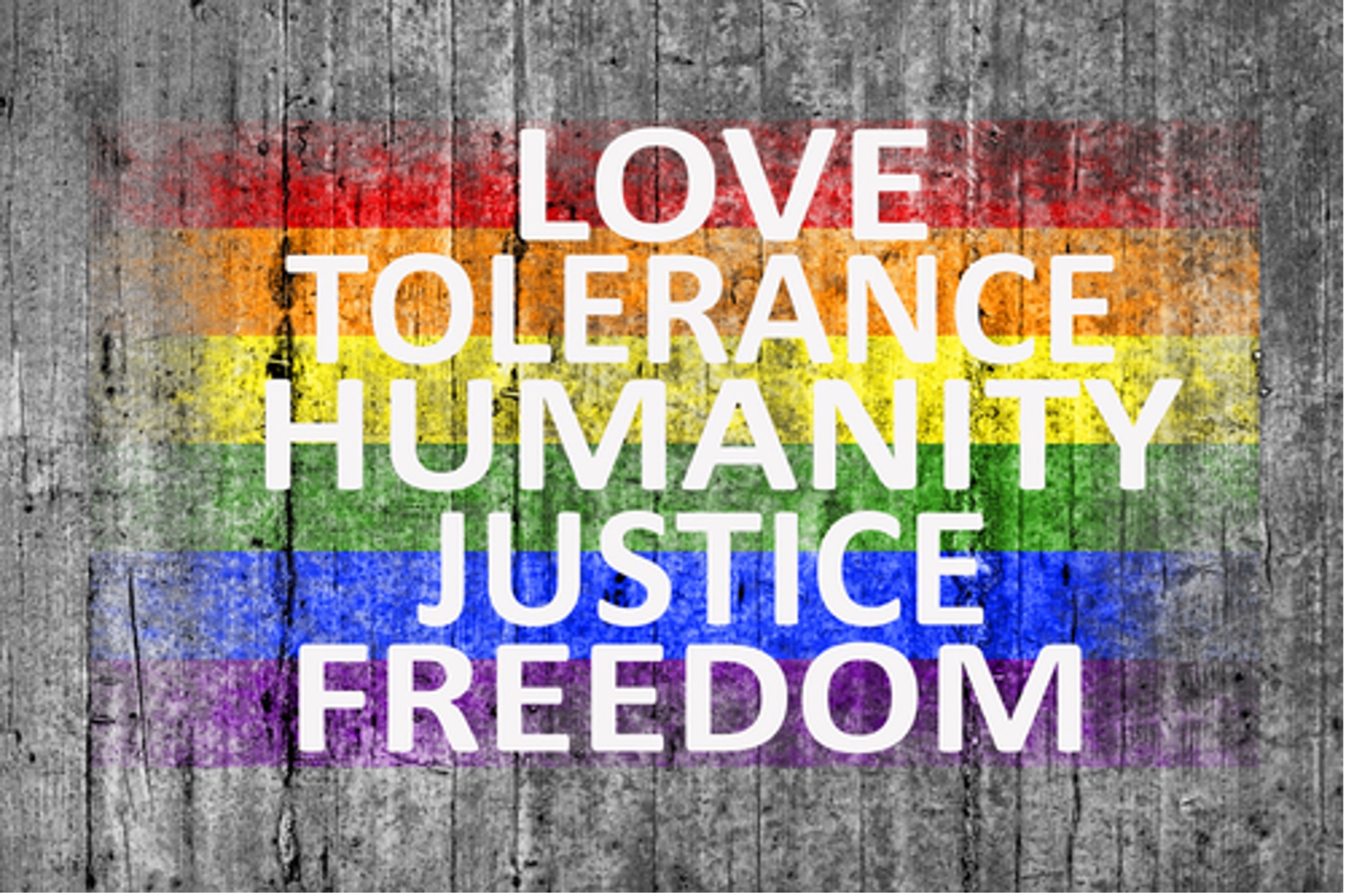This course introduces students to a variety of theoretical assessments of the sources of conflict, violence, and social injustice, as well as to practical and analytical approaches for promoting justice and peace. Blending political, economic, religious, ethical, and sociocultural perspectives, the course will encourage students to reflect on racial, gendered, economic, and political inequality, as well as on systemic causes of conflict and violence. Through study of historic and contemporary examples of real-world conflict resolution and social transformation, students will develop analytical skills to better understand, critically evaluate, and respond to contemporary issues of peace and justice.
This course will introduce students to the fundamental issues within the broad and intersectional field of Peace and Justice studies. As a community, we will explore the following imperative questions: What are better ways of understanding the concepts and core practices of peace and justice? What are the movements and structures that contribute to a just peace? What are the obstacles? And what can societies and people do to make this a more just and peaceful world? Areas of inquiry include: conflict analysis, nonviolent action, violence prevention, militarism, restorative justice, transformative justice, conflict transformation, environmental justice, dreaming disability justice, and peacebuilding. We will utilize a transnational lens informed by anti-racism, Indigenous knowledge, and feminist praxes.
This course will introduce students to the fundamental issues within the broad and intersectional field of Peace and Justice studies. As a community, we will explore the following imperative questions: What are better ways of understanding the concepts and core practices of peace and justice? What are the movements and structures that contribute to a just peace? What are the obstacles? And what can societies and people do to make this a more just and peaceful world? Areas of inquiry include: conflict analysis, nonviolent action, violence prevention, militarism, restorative justice, transformative justice, conflict transformation, environmental justice, dreaming disability justice, and peacebuilding. We will utilize a transnational lens informed by anti-racism, Indigenous knowledge, and feminist praxes.

- Teacher: Leanne Trapedo Sims